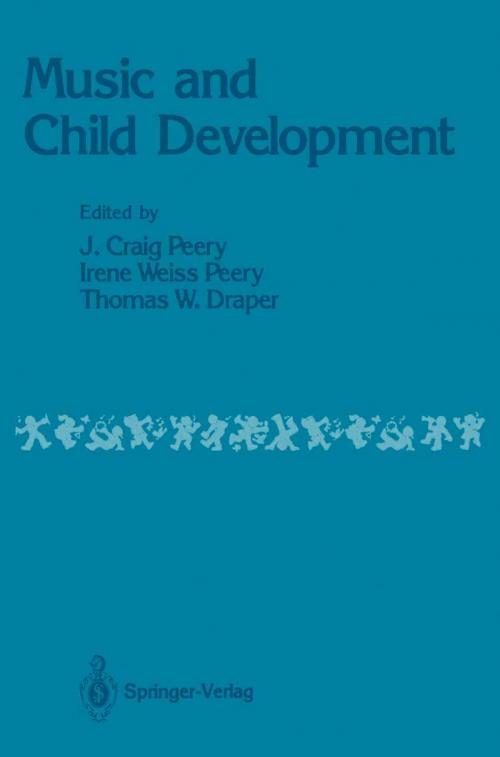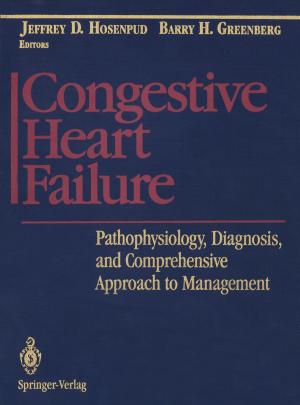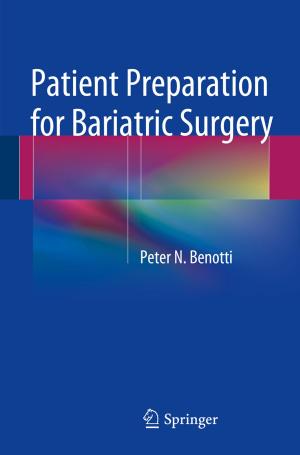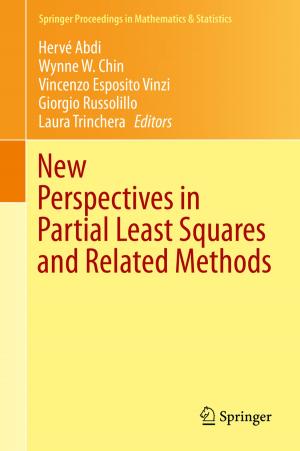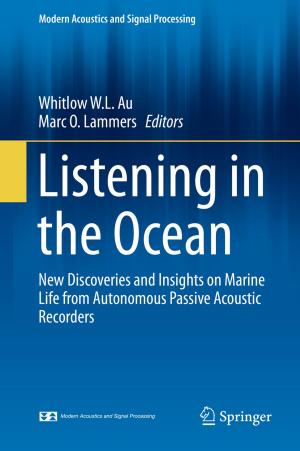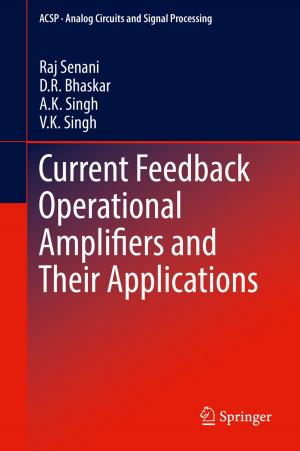Music and Child Development
Nonfiction, Health & Well Being, Psychology, Child & Adolescent, Child Development, Reference & Language, Education & Teaching, Administration| Author: | ISBN: | 9781461386988 | |
| Publisher: | Springer New York | Publication: | December 6, 2012 |
| Imprint: | Springer | Language: | English |
| Author: | |
| ISBN: | 9781461386988 |
| Publisher: | Springer New York |
| Publication: | December 6, 2012 |
| Imprint: | Springer |
| Language: | English |
I acknowledge a deep debt of gratitude to my coeditors: my wife Irene, and my friend and colleague Tom Draper. They have worked with diligence and insight to bring this work to completion. They have delegated the task of writing the Preface to me. As the scientific study of human development matures it is not only natural, but it is necessary to reach beyond understanding the ways humans develop capacities, to study the ways emerging capacities fit into the larger sphere of human undertakings. Music is one of the most significant of those endeavors. As I attend the several piano competitions that are on my agenda each year, and see children seated at the keyboard drawing forth the magnificent sounds of Bach, Chopin, and Ravel, I am always a little awed. Surely, it seems to me, the piano* is among the best of man's creations; the creative energies of great composers are among mankind's greatest expressions; and encouraging children to associate themselves seriously with both instrument and composer can be one of the great blessings to their young lives and, by association, to the larger society. Music touches the entire range of our lifespan on a daily basis. Involving chil dren with music and music training has high market, and common sense, validity. Parents understand intuitively that children will benefit, and their lives will be enriched, if they are influenced by music and music training.
I acknowledge a deep debt of gratitude to my coeditors: my wife Irene, and my friend and colleague Tom Draper. They have worked with diligence and insight to bring this work to completion. They have delegated the task of writing the Preface to me. As the scientific study of human development matures it is not only natural, but it is necessary to reach beyond understanding the ways humans develop capacities, to study the ways emerging capacities fit into the larger sphere of human undertakings. Music is one of the most significant of those endeavors. As I attend the several piano competitions that are on my agenda each year, and see children seated at the keyboard drawing forth the magnificent sounds of Bach, Chopin, and Ravel, I am always a little awed. Surely, it seems to me, the piano* is among the best of man's creations; the creative energies of great composers are among mankind's greatest expressions; and encouraging children to associate themselves seriously with both instrument and composer can be one of the great blessings to their young lives and, by association, to the larger society. Music touches the entire range of our lifespan on a daily basis. Involving chil dren with music and music training has high market, and common sense, validity. Parents understand intuitively that children will benefit, and their lives will be enriched, if they are influenced by music and music training.
